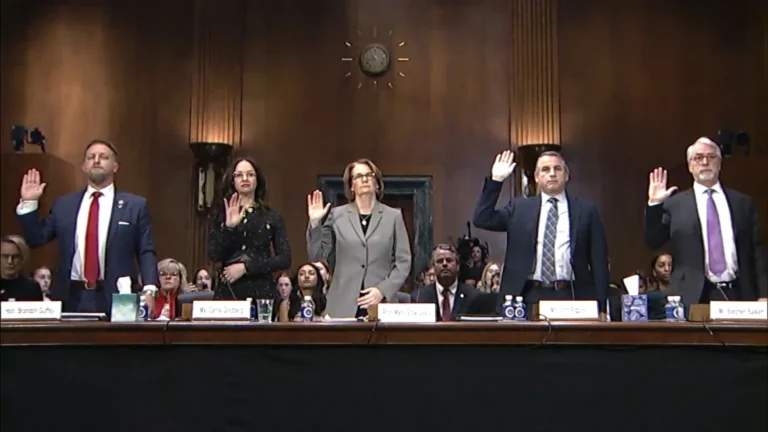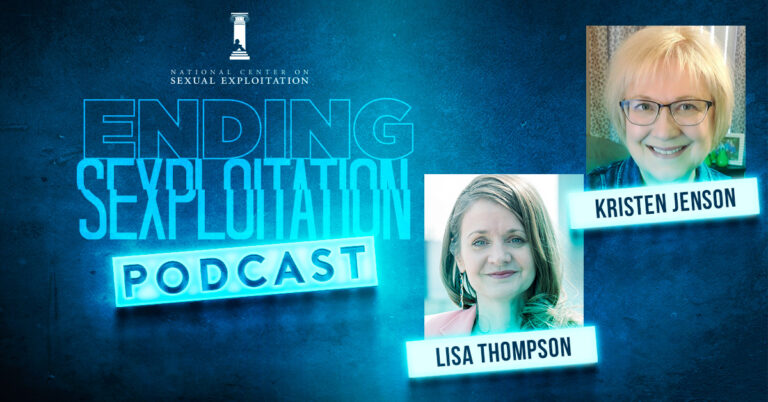Recently, the international child welfare agency UNICEF published their April 2021 report “Digital Age Assurance Tools and Children’s Rights Online across the Globe” which caused widespread concern amongst child safety experts and advocates for statements that appeared to minimize the harm of childhood pornography exposure.
Although UNICEF’s report acknowledged that “there are several different kinds of risks and harms that have been linked to children’s exposure to pornography,” it then proceeded to effectively dismiss the research on these harms saying, “the evidence is inconsistent, and there is currently no universal agreement on the nature and extent of the harm caused to children by viewing content classified as pornography.” This messaging fails to give due consideration to the copious amounts of research on pornography’s harms to children.
UNICEF’s milquetoast assessment of the impacts hardcore pornography on children sets the stage for policies that put children in harm’s way.
Furthermore, UNICEF’s report expressed numerous misgivings about implementing age verification laws and systems that would reduce the number of children being exposed to online pornography. The report raised concerns about children’s privacy rights as potential barriers to age verification laws, or other legislation to protect children from pornography—but in reality, international laws give states broad latitude to protect children from such content. The amount of weight which the report apportioned to these misgivings, together with the lack of weight it apportioned to pornography’s harmful effects on children, send a very dangerous and socially irresponsible message.
In response to this troubling report, the National Center on Sexual Exploitation (NCOSE), along with 487 child safety experts and advocates from 26 countries, sent UNICEF a letter in response, sharing data about the harms of pornography exposure to children.
This letter contained a sample of the relevant research on the numerous ways pornography harms children—such as normalizing sexual violence, fueling child-on-child sexual assault and other harmful behaviors, inhibiting adolescent brain development and learning, contributing to poorer mental health and poorer cognitive outcomes, and much more. We called on UNICEF to review this research and update their report in light of it.
Upon receiving NCOSE’s letter, UNICEF pulled down the report.
A UNICEF spokesperson informed NCOSE that the initial report was written poorly in a way open to misinterpretation. The spokesperson clarified that UNICEF recognizes the harms of pornography exposure for children as stated on their website here.
UNICEF has also agreed to review this research shared in the international letter.
We are thankful to UNICEF for responding to international concern and clarifying their position that pornography harms children. The research is clear that children exposed to hardcore pornography are at greater risk for social and psychological development problems, including negative impacts on mental health and increased risk of child-on-child harmful sexual behavior.
Progress! The harmful messaging UNICEF’s report contains is no longer being publicized.
Thank you to those who signed the joint letter to UNICEF—your voice has an impact!


